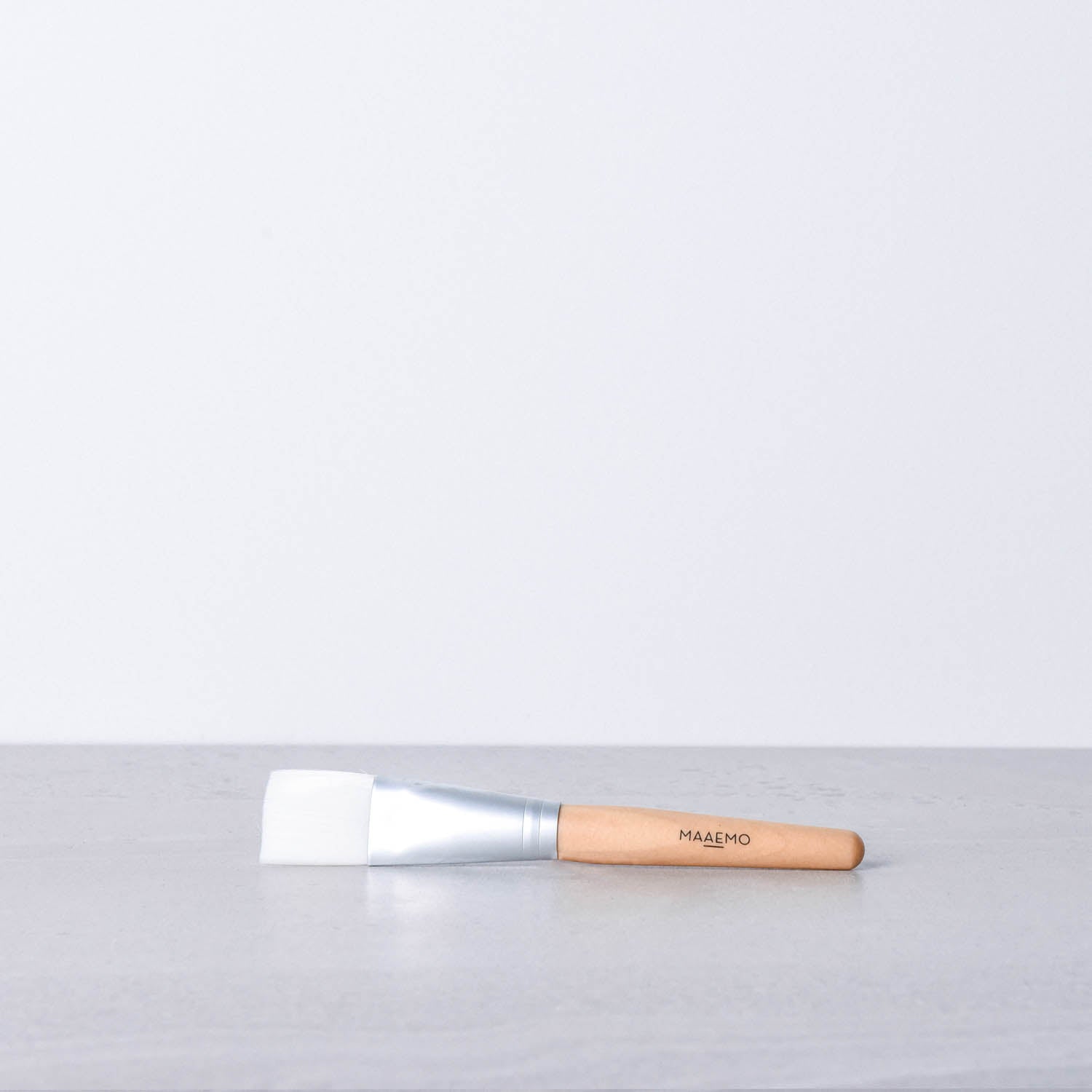As a Dermal Therapist there’s no doubt that I harp on about the importance of SPF to anybody and everybody that will listen – pretty much every day. It is the first product I will always recommend and one that everybody needs.
Plus, since the formulations have come so far in recent years the “I don’t like the way sunscreen feels on my skin” excuse isn’t really a valid one anymore. So essentially, the best sunscreen is the one that you will use and one that you like wearing every day – and yes, that does take a little trial and error to begin with.
Although why should you be wearing it in the first place? Well, basically because the sun can affect the skin in a number of ways and in the case of sunburn you’re essentially causing irreversible DNA damage that can quicken the effects of the early signs of ageing and for some even lead to cancer.
In fact, harmful UV light causes direct damage to the elastin and collagen fibers found in the deeper layers of the skin. These are responsible for the elasticity and strength of our skin so when they’re damaged it will result in premature ageing and wrinkling. UV light can also encourage the production of free radicals in the skin which go on to further damage our cells.
I.E sunscreen is the number one anti-ageing product you can buy – So if age management and healthy skin is something you care about then you need to be wearing SPF every day.
The different types of SPF -
Firstly, when looking for a daily sunscreen it is important to look for one labelled “broad spectrum”. These are the sunscreens that will protect against both UVA damage which can lead to pigmentation and ageing concerns as well as UVB – which causes DNA damage and sunburn.
Physical sunscreens generally use zinc oxide as their broad spectrum UV filter, while chemical sunscreens tend to use a combination of organic chemicals as filters to block UVA and UVB rays. Both physical and chemical sunscreens work in the same way by absorbing UV rays from the sun and converting them into heat. One is not better than the other – and it’s really personal preference which one you’d like to use.
What happens when you don't wear sunscreen ?
If you’re not using sunscreen regularly, there’s no doubt that you will soon start to notice the early signs of ageing. This can include loss of hydration in the skin due to decreased hyaluronic acid in part due to damage to the dermis, as well as unwanted pigmentation concerns such as increased freckling and sun spots. Cellular turnover in the skin is also likely to slow down which will lead to dullness and an uneven texture overall.
So how can you prevent this happening? Well, you just need to be wearing sunscreen every day. The Therapeutic Goods Administration (TGA) recommend at least ½ Tsp for face/neck/ears which is quite a lot when you measure it out and if you’re out and about in the sun you do need to be re-applying every two hours.
Additionally, because you are required to wear at least ½ Tsp every day there’s no feasible way that the SPF in your makeup could ever be enough. (Imagine trying to blend ½ Tsp of your foundation on you face!)
So will we all be wearing a daily SPF now?
I hope so. Plus, this one daily habit = the cheapest and easiest way to prevent premature ageing.
Words: Yadira Galarza Cauchi










